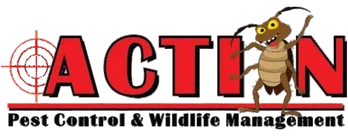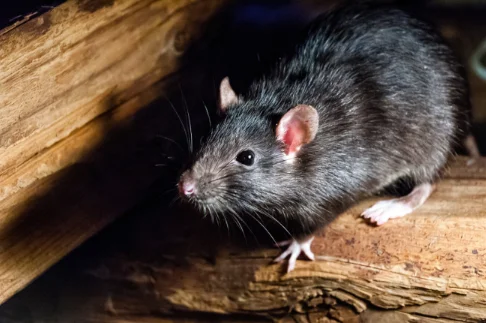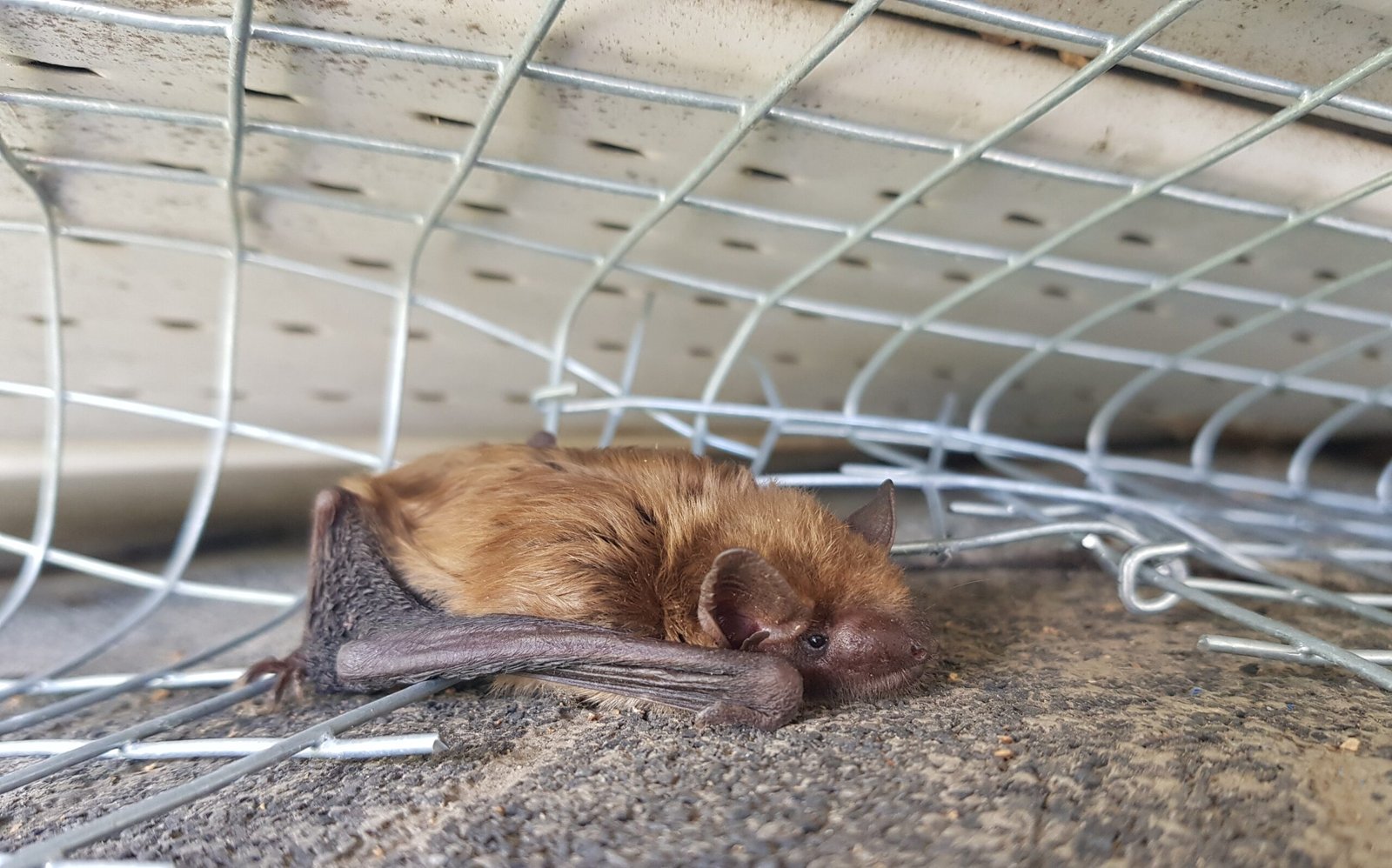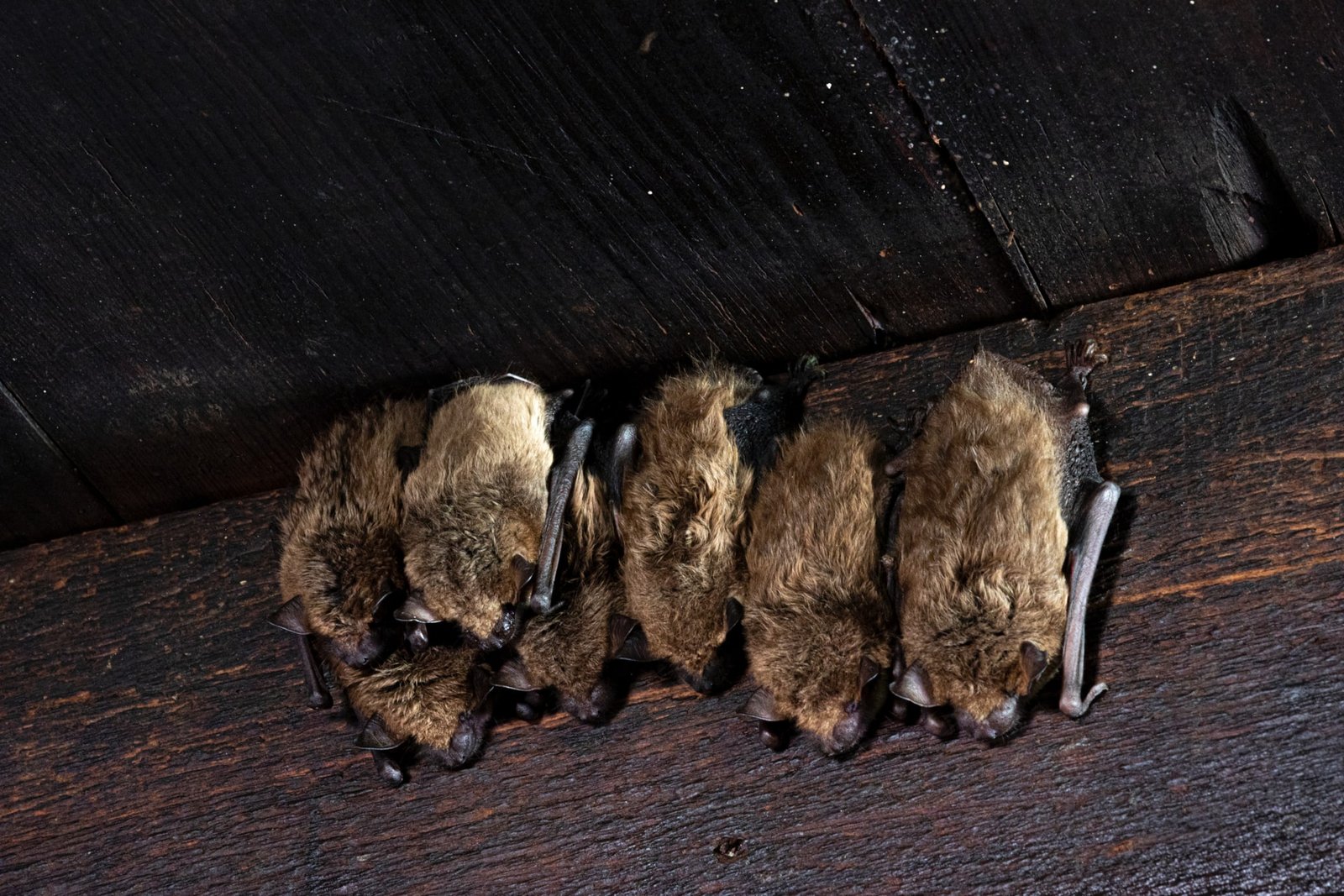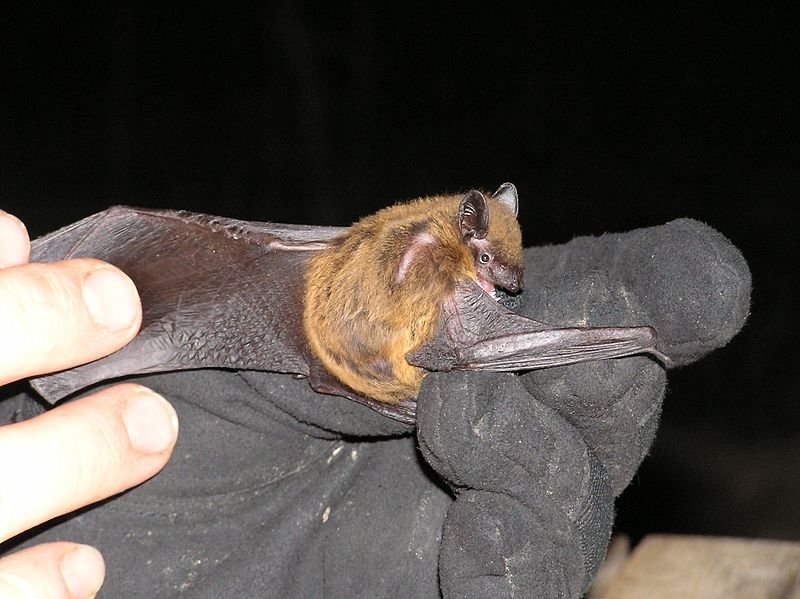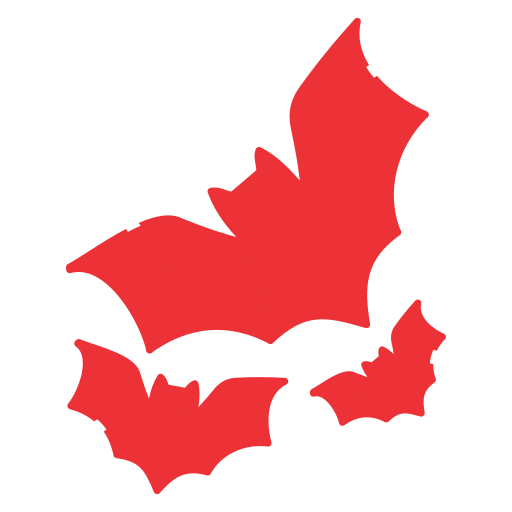As professionals in pest control and dead animal removal, we often encounter the distressing situation of homeowners suspecting a dead animal lurking within their walls. The smell, the sounds, and the mysterious behavior of pets can all signal a problem that needs immediate attention. In this blog post, we aim to guide you through the telltale signs that indicate an animal has died in your wall, as well as the best dead animal removal solutions for addressing this unpleasant issue.
Signs of a Dead Animal in the Wall
Unpleasant Odor
One of the most unmistakable indicators of a dead animal in your wall is the foul smell. As the body decomposes, it emits a strong odor often described as a mix of rotten meat and decay. This smell can permeate your home, especially in warmer weather when decomposition accelerates. If you notice a sudden, strange odor in a specific area of your house, it may be time to investigate.
Strange Noises
Another sign is unusual sounds emanating from the walls. If you hear scratching, rustling, or even faint thumping noises, it could indicate that an animal has entered your wall cavity and may have died there. However, it’s important to note that these sounds may also stem from other animals that are still alive and may require different pest control measures.
Pet Behavior
Our furry friends often have an instinctive ability to sense changes in their environment. If your dogs or cats are persistently sniffing around a particular area of the wall or acting anxious, this behavior can suggest that something is amiss. Pets may react to the scent of decomposition even if we cannot detect it right away.
Visual Clues
Examine the exterior of your home for any signs of animal entry points, such as holes, cracks, or gaps in the walls. If you’ve recently noticed an increase in wildlife activity around your property, such as raccoons, squirrels, or rodents, it’s possible that one of these critters has made its way inside and may have succumbed to misfortune.
Flies and Other Insects
If you notice an unusual number of flies around a specific area, it could be a sign that something is decaying nearby. Flies are attracted to decomposing matter, and their presence can be a strong indicator that a dead animal is present.
What to Do If You Suspect a Dead Animal in Your Home.
If you suspect that there is a dead animal in your wall, it is crucial to act quickly and responsibly:
Avoid DIY Removal
While it may be tempting to try and handle the situation yourself, removing a dead animal can pose health risks and may worsen the problem if not done properly. Decomposing animals can harbor bacteria and parasites, which could contaminate your living space.
Contact a Professional
The best course of action is to contact a licensed pest control professional, such as Action Pest Control. Our trained pest exterminators Chicago have the expertise and tools necessary to safely locate and remove the dead animal while ensuring that your home remains clean and hygienic.
Seal Entry Points
After removal, it is essential to address any entry points to prevent future infestations. Our team can perform a thorough inspection of your property, identifying and sealing potential access points to keep unwanted wildlife at bay.
Sanitize the Area
Once the dead animal has been removed, the area will need to be sanitized. Decomposing animals can leave behind harmful pathogens and unpleasant odors that require professional cleaning solutions to eliminate.
Reach out to us for dead animal removal in Chicago, IL.
Detecting a dead animal in your wall is a challenging and distressing situation for any homeowner. However, by recognizing the signs and knowing how to respond, you can effectively address the problem and protect your home.
At Action Pest Control, we are committed to providing comprehensive pest control and dead animal removal services, ensuring your home remains safe and comfortable. If you suspect a dead animal is in your walls, don’t hesitate to contact us for professional assistance. Call us at <a href=”tel:7085432847”>(708) 543-2847</a> or fill out our online form to schedule your consultation.
